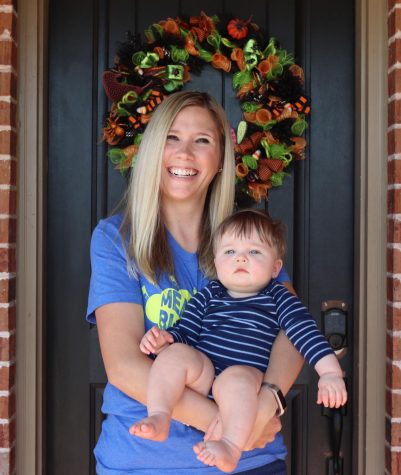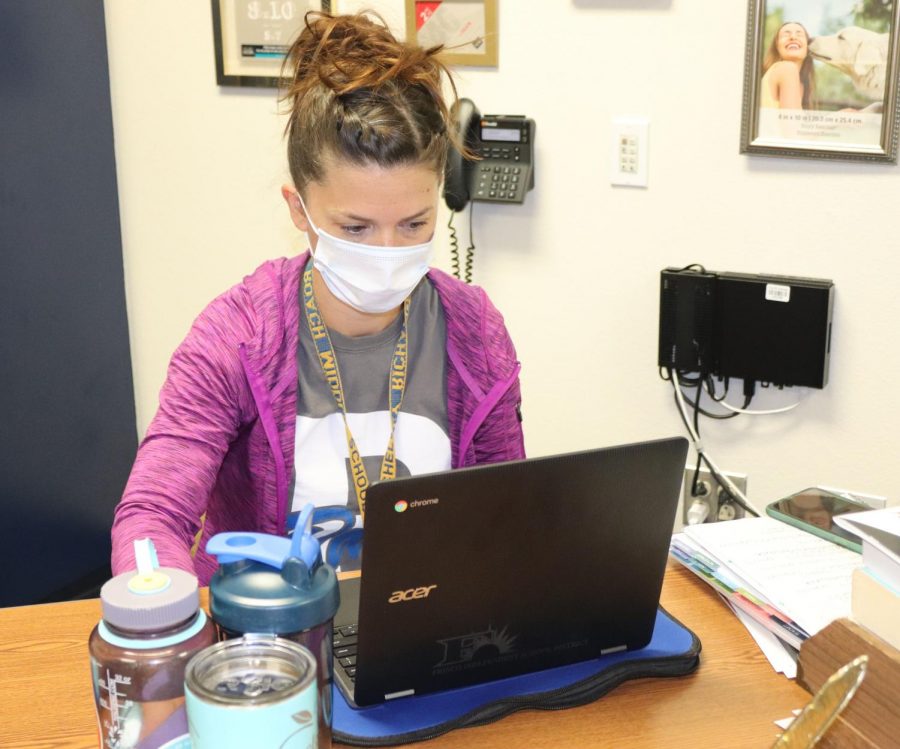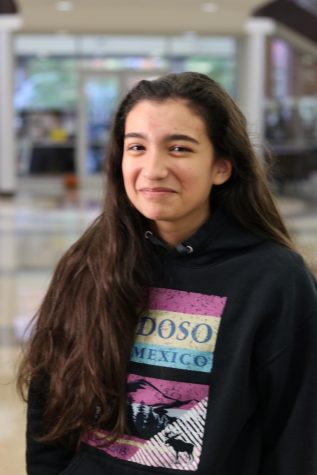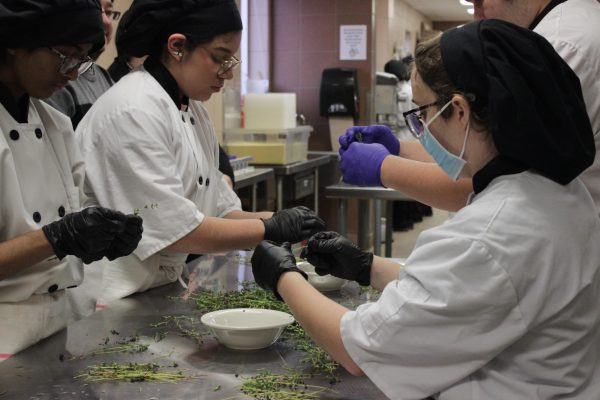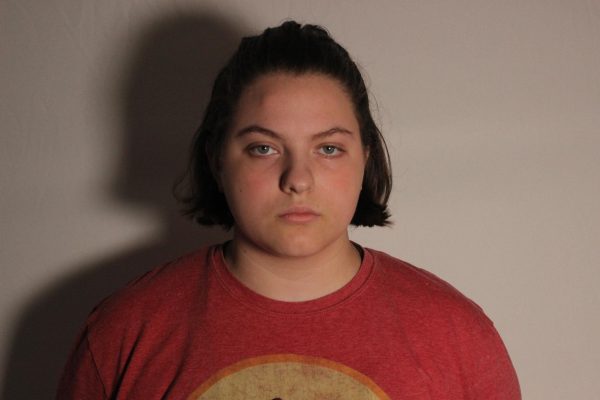Teachers in Quarantine
Throughout the pandemic teachers stay home and face challenges with their health and family, but strive to see the positives in their situation.
October 15, 2020
Nervousness racks her body, her heartbeat hammers through her chest. Her eyes widen as she looks at the notification of her test results. After waiting a week for confirmation, she would finally be able to know if she had COVID-19. She prepares herself and takes a deep breath.
¨Positive,¨ the screen read. The shock hitting her all at once.
“I was shocked that I had it, I thought I just had strep throat,” Roach Middle School teacher Chelsey Richards said. ”I had what felt like the flu for three weeks. I couldn’t get out of bed, my stomach always hurt. I couldn’t eat, and my vision was very blurry.¨
Her two kids, Tristin and Braeden, stayed with family for three weeks, and she deep-cleaned her home when her symptoms were gone, allowing her kids to come back.
“I called and FaceTimed them multiple times a day, every day, for three weeks,” Richards said. “It was really rough not being able to see the boys, but it was amazing when they got to come home.¨
With a lot more time on her hands, she would often try to pass the time with activities she enjoys.
“A lot of the time I would sleep. If I was feeling good I would read or scroll through social media, and I watched a lot of The Office¨, Richards said.
The doubt of recovery would often cross Richard’s mind with seeing what other people were going through. The news reported on people who have not recovered with worsened symptoms. It scared her thinking she might be one of them.
“I found an online support group with other people from around the globe who contracted COVID and read about their symptoms and recovery time and that helped my anxiety a lot,¨ Richards said.
Richards was one of the infected, having experienced the virus controlling her health, family, and emotions.
To ensure less contact with others, families go into quarantine undergoing obstacles that later became life lessons.
“For me, I love to stay home so it wasn’t hard for me. I was able to spend more time on my hobbies such as yoga, writing, and playing the piano,” Heritage English teacher, April Mattson said.
A challenge during quarantine for Mattson was keeping her family sane and entertained through the lack of interacting with others. Sometimes struggling to keep everyone home, causing disputes among the family.
“My 16-year-old daughter would have moments of crying from feeling isolated, so that was hard,” Mattson said. “As well as my daughter who came back from college in Utah. She went from having a large social group to just our family.”
Wanting to entertain her kids more and keep them socially distanced, Mattson brought in distractions that her family would find useful.
“Our favorite Netflix show was Queer Eye, and while I hate baking, my 14-year-old son discovered a knack for it and made delicious cookies and sopapillas,¨ Mattson said.
Through the hard times, Mattson saw her family and herself grow, learning that they can manage through something they don’t quite understand.
“The experience of being quarantined with my family was overall positive as it allowed us to have family time together without all the outside pressures,” Mattson said. “We improved on learning how to cope with a stressful situation digging deep by learning to adapt and be more patient.”
People that are immunocompromised go through this pandemic with worry and stress of how COVID will affect and change their bodily functions.
“I am at high risk from having Multiple Sclerosis and being on a medicine called Ocrevus, which basically wipes out my immune system,” Roach Middle School teacher Melissa Ehlert said.
Ehlert stays home working and with her newborn, managing motherhood during the pandemic.
“My life had completely changed, as does every mom, but it changed with being a Mom and adjusting to the new life in a pandemic,” Ehlert said.
Wanting to keep her child safe, Ehlert made it her goal to limit exposure for her family. She considered her baby’s health, not wanting to risk his developing immune system.
“I pretty much did not go anywhere for months,” Ehlert said. “I could go for walks, but that was about the only activity I could do outside of my house.”
Being high risk limits Ehlert from doing what she loves, like having personal time, spending time with friends, and visiting her parents. With extra time at home, getting to spend more time with her baby really helped to keep her mind off being quarantined.
“We were cautious, and still are. I know it is only a period of time and it will end, so I try to focus on that,” Ehlert said.
